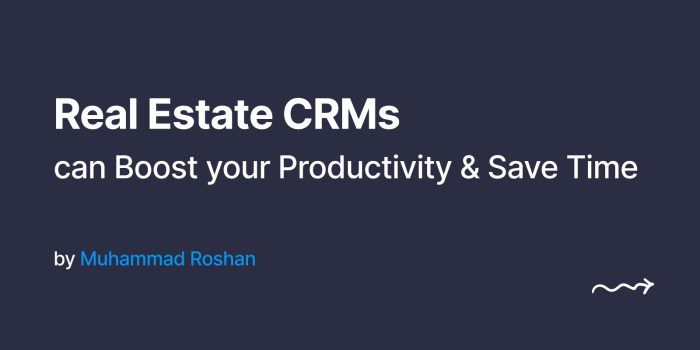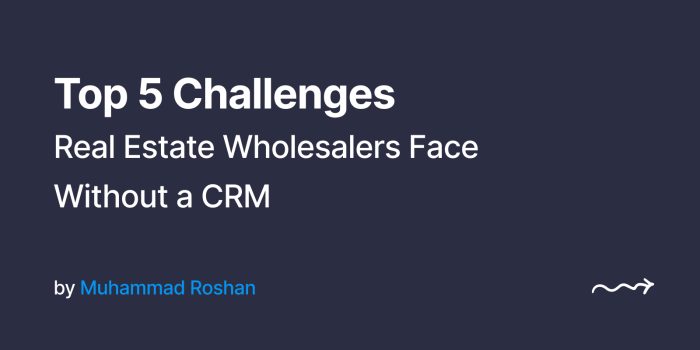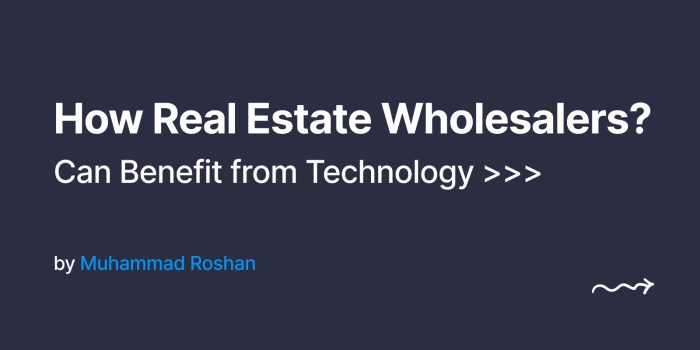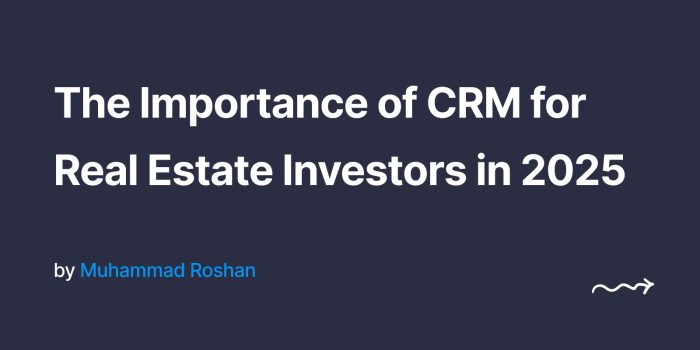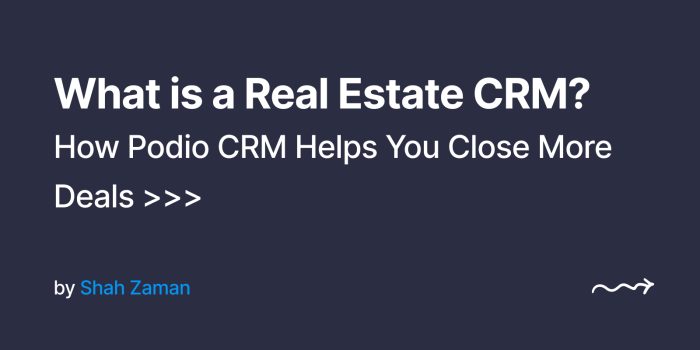Why Legal Knowledge Matters in the Real Estate Wholesaling Business
Legal compliance isn’t just a formality—it’s your foundation. If you’re serious about running a real estate wholesaling business, you can’t afford to overlook the legal side. Every deal you touch involves contracts, disclosures, and financial agreements. That means one mistake could lead to fines, lawsuits, or worse—being banned from the industry.
This guide cuts through the noise and gets real about the legal considerations that impact your operations daily. If you want to grow and protect your brand long-term, this is where it starts.
And if you’re using tools like REI Podio CRMs, legal tracking becomes far more manageable. It’s not just about automation—it’s about building a legally sound system you can rely on.
The Foundation: What Real Estate Wholesaling Legally Involves
Your real estate wholesaling business is legally based on the assignment of contracts. You don’t buy or own the property—instead, you control the right to buy it and pass that right to a third party for a fee.
But that’s not a loophole. That’s a legal structure. And it has rules.
Every contract you handle needs to be enforceable. Every fee you charge must be disclosed. Every claim you make must be verifiable. Ignore these, and you risk turning your side hustle into a liability.
Assignment Contracts in the Real Estate Wholesaling Business
Assignment contracts are the legal engine of your real estate wholesaling business. These documents give you the legal right to assign your position as the buyer to another party, often for a profit.
Your contract must clearly say the deal is assignable. It should spell out your fee and make sure both parties—seller and end buyer—understand what’s happening.
Never assume a template you found online fits your market. Always verify that your assignment agreements comply with your state’s contract laws.

What Every Assignment Contract Should Include
To stay compliant and protect yourself, your assignment agreement should include:
- Buyer and seller names
- Contract price
- Assignment fee
- Property description
- Assignability clause
- Closing date
- Disclosure of your role
Using Podio CRM lets you store and organize all contracts in one system. Plus, with Podio Customization, you can add legal checkpoints into your workflow so nothing slips through.
Legal Differences Between Double Closing and Assignments
Some wholesalers prefer double closings. In this structure, you buy and sell the property on the same day using two different contracts. It helps hide your assignment fee, but it requires more capital.
From a legal view, double closing can reduce seller pushback, but it introduces new risks, like funding and title complications. Make sure your title company knows how to handle these transactions, or you could be left holding a property you didn’t plan to keep.

How to Avoid Trouble When Using Double Closing
Double closings are legal but must be done right. Use transactional funding, not the buyer’s funds, to close the first leg of the deal. Ensure both deals are disclosed properly and follow escrow laws.
REI Podio CRMs lets you track the stages of both closings without confusion. Automate deadlines, store title docs, and communicate with all parties in one place.
The Role of Disclosure in Real Estate Wholesaling
Even though you’re not the property owner, you often still owe disclosure, especially if you know something material about the property.
Buyers may sue if you withhold known issues. So always disclose defects, liens, code violations, or structural damage.
This isn’t just ethical. In many states, it’s the law.
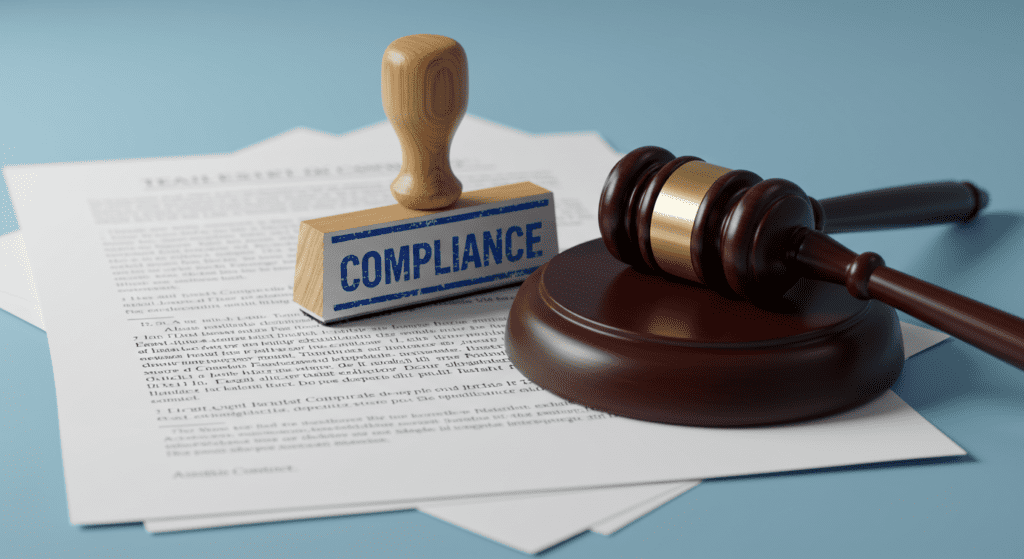
How Skipping Disclosure Can Ruin Deals
In some states, a failure to disclose could void your entire contract. You might also get blacklisted by investors. And word travels fast in this industry.
Use CRM for Real Estate Wholesalers to track which disclosures were provided to each party. With proper setup, you’ll never forget a required form or document.
Do You Need a License for Your Real Estate Wholesaling Business?
Some states require a real estate license for wholesalers, especially if you regularly market properties you don’t own or connect buyers and sellers.
States like Illinois, Oklahoma, and North Carolina are tightening their rules. That means if you don’t know your state’s laws, you’re rolling the dice.
States That Require a Real Estate License to Wholesale
Here’s a short list of states that now regulate wholesaling heavily:
- Illinois: A License is required to market property
- Oklahoma: A License is required for any fee-based assignment
- Ohio: A License is required unless you close in your name
Using customized CRM setups in Podio for Real Estate, you can tag leads by state and automate alerts for regional compliance requirements.
Why Having a Real Estate Attorney Is Not Optional
Your lawyer isn’t just someone to call when things go wrong. They’re your best protection upfront. A good attorney will help structure your contracts, review deals, and guide you on state regulations.
Staying Clear of Discrimination in Real Estate Wholesaling
The Fair Housing Act prohibits discrimination in property transactions based on race, religion, gender, national origin, family status, or disability.
Even if you’re not renting or selling directly, discriminatory marketing can get you in trouble. Keep your messaging fair, inclusive, and compliant.
How to Run Legal and Ethical Marketing Campaigns
Your social media ads and cold-calling scripts can’t make false claims. Avoid promising “guaranteed sales” or marketing a property as available when it’s not under contract.
Log all campaign assets inside Podio CRM to stay audit-ready. You can also integrate email marketing tools and SMS logs directly.
Understanding Real Estate Fraud and How to Avoid It
Any form of deceit, from inflated property values to fake buyer offers, is fraud. And it’s prosecuted aggressively.
Never misrepresent the condition of a property. Don’t market deals without contracts. Always get permissions in writing.
What the FTC Says About Real Estate Investment Promotions
The Federal Trade Commission monitors consumer-facing investment marketing. If you’re promising big returns or “no-risk” deals, you could be flagged.
Review your website, emails, and lead magnets for compliance. Always include disclaimers where needed.
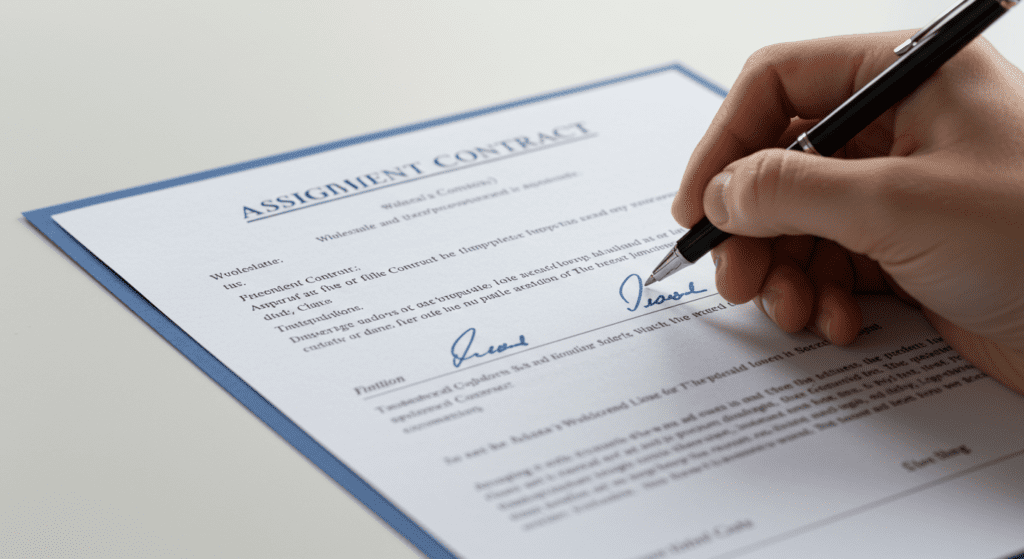
How Podio CRM Helps You Stay Legal
With REI Podio CRMs, wholesalers get structure, legal safeguards, and clarity. Build your system to include:
- Contract templates
- Custom checklists for disclosure
- Deadline reminders for closing
- Secure storage for legal docs
- Activity logs for audit trails
This is why Podio for Real Estate isn’t just about productivity. It’s about protecting your business.
Final Thoughts: Stay Smart, Stay Legal, Stay Profitable
Legal knowledge isn’t optional—it’s essential. The best real estate wholesaling business is one that’s profitable and protected. Whether it’s disclosures, licensing, or ethics, stay informed and covered.
With tools like REI Podio CRMs, legal compliance becomes part of your daily process, not something to stress over later. Start building your system today and close your next deal with confidence.
FAQs
Do I need a real estate license to wholesale legally?
In some states, yes. Check your local laws or consult a lawyer before wholesaling without a license.
Can I wholesale a house I don’t have under contract?
No. Marketing properties you don’t control is illegal in most states.
How much should I disclose to my buyer?
Always disclose material defects or known issues. When in doubt, disclose.
Is double closing legal everywhere?
It depends on the funding method and state. Use transactional funds and proper legal guidance.
Can I use the buyer’s funds to buy the property first?
In most states, no. That’s known as a simultaneous close and can lead to violations.
What makes Podio CRM better for legal compliance?
It automates legal steps, centralizes documents, tracks timelines, and ensures no detail gets missed.



